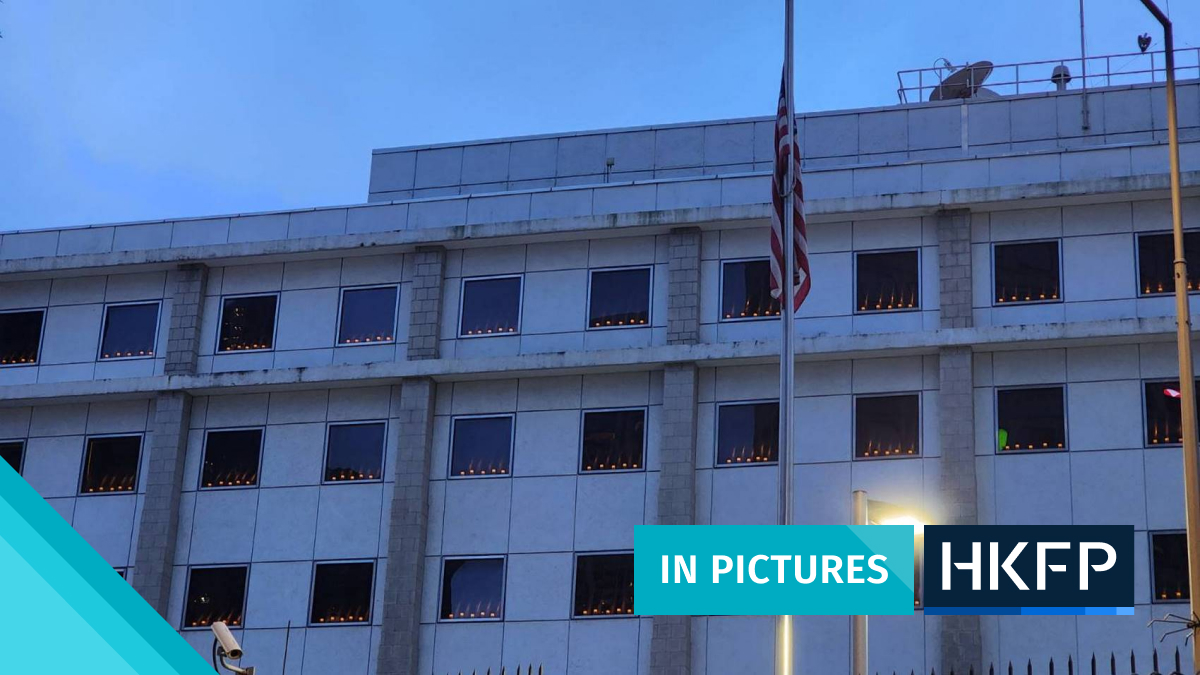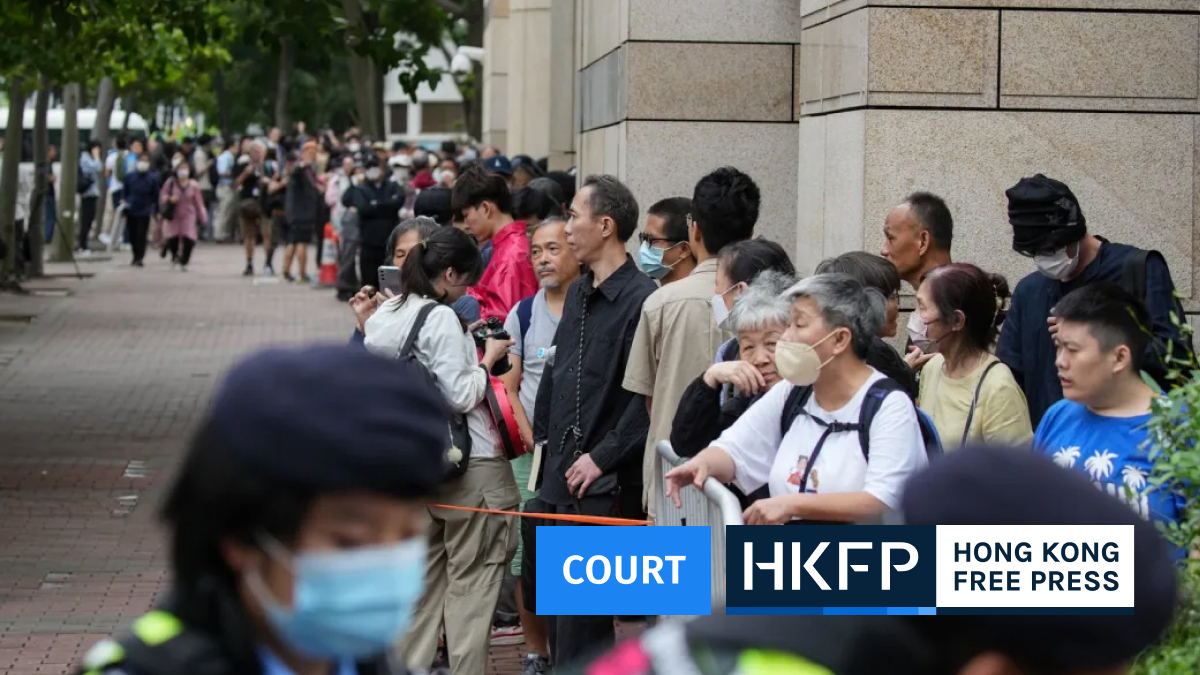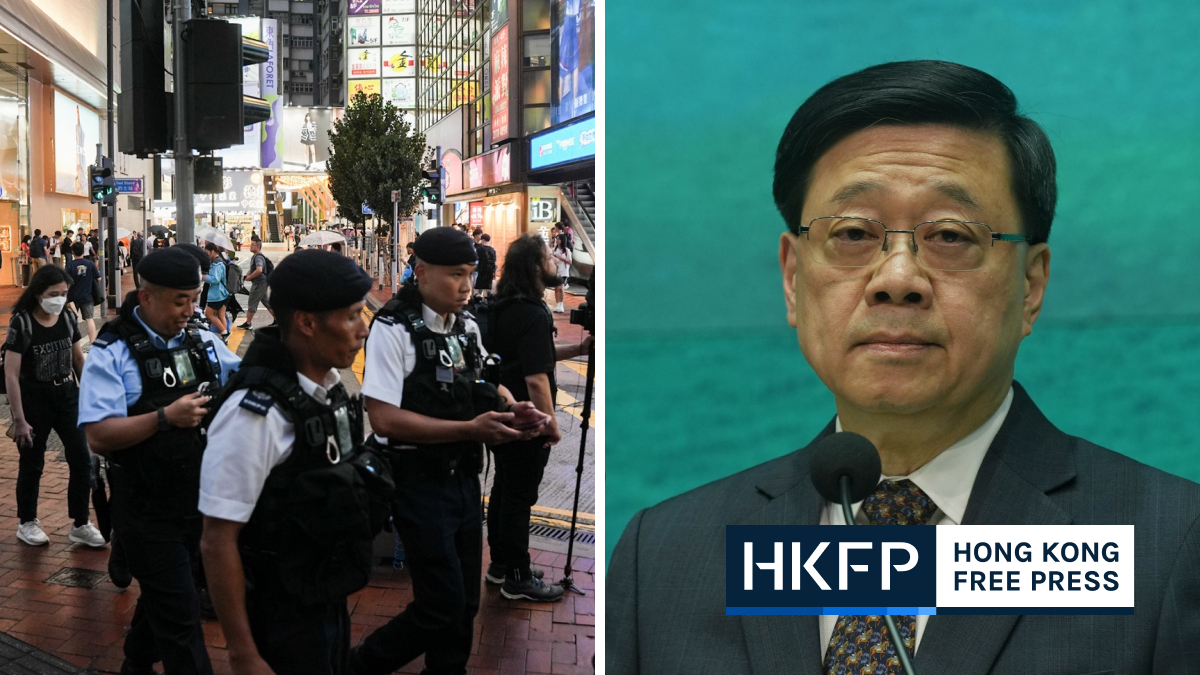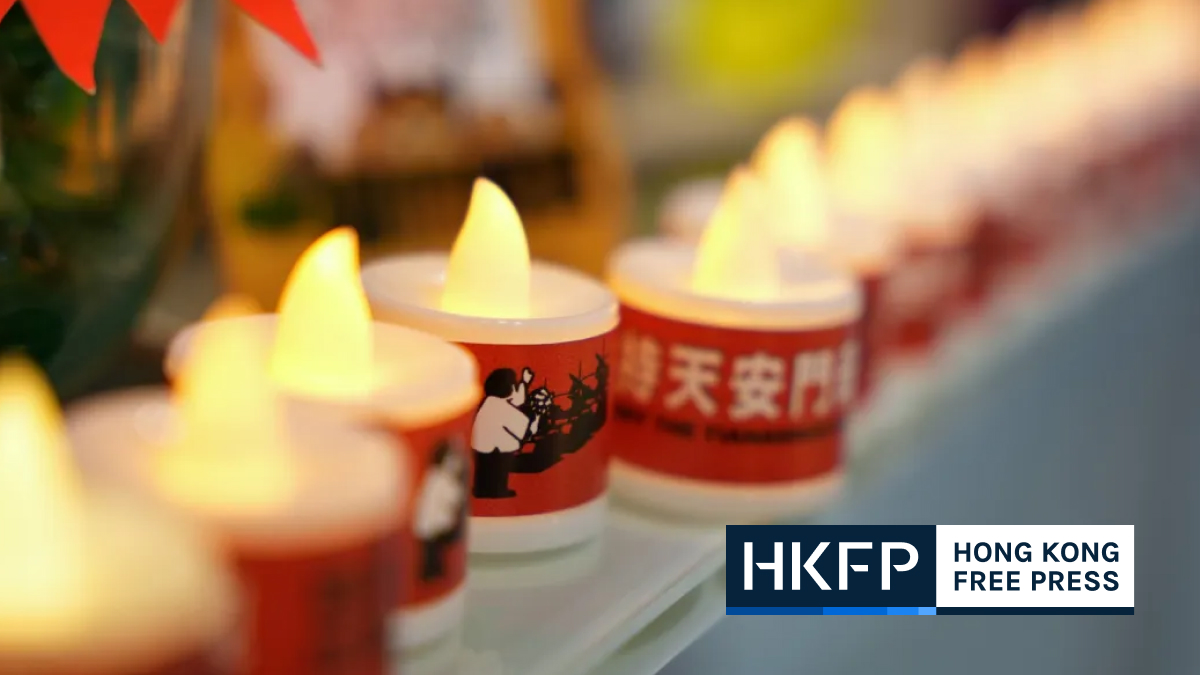Hong Kong and Chinese authorities have hit out at “unfounded remarks” in the latest US government report on human rights practices around the world. The city was said to have faced “significant human rights issues” including “substantial interference” with the freedom of assembly and “unreasonable restrictions” on political participation.

The Hong Kong government and China’s Office of the Commissioner of the Ministry of Foreign Affairs in Hong Kong issued separate statements on Tuesday to express “strong disproval” and “firm rejection” of the criticism of the city’s human rights situation in the 2022 Country Reports on Human Rights Practices.
In a 46-page report released on Monday, the US Department of State accused China of continuing to “dismantle” political freedoms in Hong Kong. Freedom of expression and political participation were said to be restricted by the Beijing-imposed national security law and the electoral overhaul implemented in 2021 for ensuring only “patriots” hold power in the city.
The report claimed that the Hong Kong Police Force have continued to make “arbitrary arrests and detentions” under the sweeping security law and other legislation, while many defendants in national security cases faced prolonged pretrial detention after they failed to meet the stricter threshold for bail.
The US also accused the Hong Kong government of encroaching upon the freedom of expression enshrined in the Basic Law, saying it “frequently arrested” vocal critics of the local and central authorities, including activist Tam Tak-chi who was jailed for 40 months in April last year under the colonial-era sedition law.

In response, the Hong Kong government urged the US to stop using human rights as an excuse to “interfere” in its internal affairs, saying such attempts would “expose its own weakness and faulty arguments” and would fail.
It also defended the electoral amendments and said they formed part of a “new democratic electoral system” built to be based on the “actual situation of Hong Kong and with Hong Kong characteristics.”
“By issuing the so-called annual report, the US again made despicable tricks, which override law by politics, with an attempt to undermine the prosperity and stability of Hong Kong by politicising human rights issues and slandering the human rights situation and rule of law in the city,” the statement read.
The office of Beijing’s foreign ministry in Hong Kong, meanwhile, decried the alleged oppression of human rights as “nothing but the imagination and unfounded accusations of American bias.” It said the US imposed democratic and human rights standards on other countries while ignoring its own political issues, such as racial discrimination and wealth disparity.
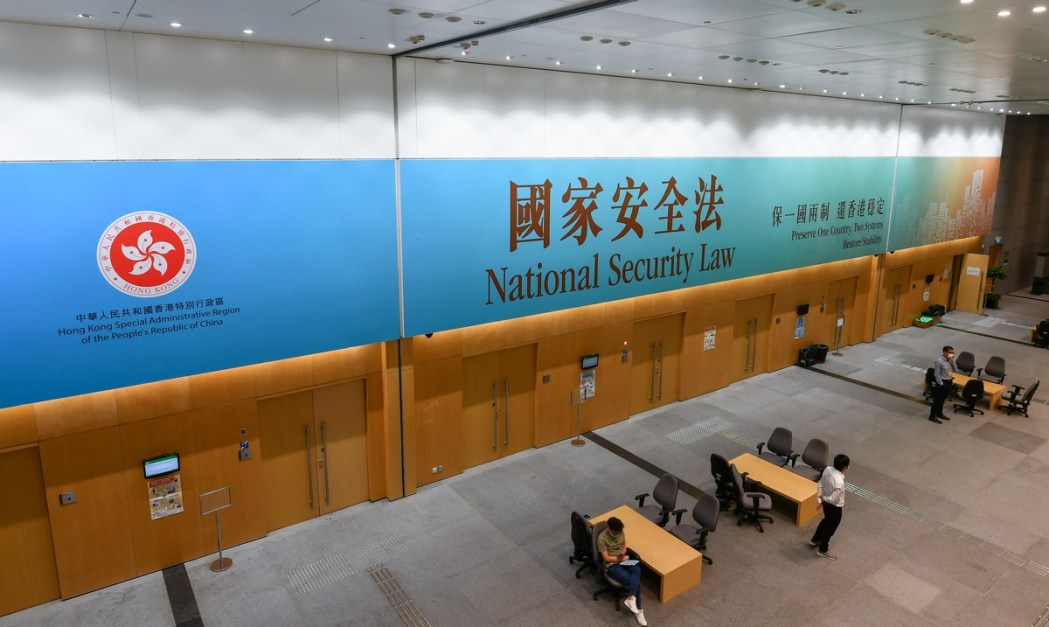
“The US often claims to be a ‘human rights defender,’ but the fact is that they are caught in a vicious cycle of distorted democracy… What basis does the US have to frequently intervene in other countries’ affairs under the guise of human rights?” the statement read.
The US report remarked that Hong Kong authorities imposed “serious restrictions” on the freedom of expression and media, with some journalists being subject to “unjustified arrests or prosecutions.”
“Overly restrictive laws” were also imposed on the organisation, funding or operation of NGOs, the US state department said, citing reports that they faced challenges when applying for international funding, partly due to legal uncertainty surrounding the foreign collusion provision.
Other issues highlighted in the report included alleged solitary confinement used in local prisons, “coercive actions” against independent trade unions and apprehension of labour union activists, as well as “serious problems” regarding judicial independence and restrictions on domestic and international human rights organisations.

The Hong Kong government rejected all accusations in its lengthy statement, saying the description about the condition of prisons and detention centres were “false.” It also said that, while the freedom of assembly and freedom of procession were fully protected by the city’s mini-constitution, such rights were not absolute or unrestricted.”
Civic freedoms report
Last week, Hong Kong saw its civic freedoms rating sank to worst yet in the latest global research study conducted by international civil society coalition Civicus, which tracks basic freedoms in 197 countries and regions.
According to the report released last Thursday, the city scored 15 out 100, with 100 indicating a completely unrestricted civic space. Based on the score, each country or region was categorised as having open, narrowed, obstructed, repressed or closed spaces for civic activity.
Hong Kong was labelled as “repressed” in the previous year, but it was further downgraded to “closed” in the newest study. The report cited the “systematic crackdown on dissent” following the enactment of the national security law as the reason for the decline.
“The crimes are vaguely defined and have become catch-all offences to prosecute activists and critics with heavy penalties,” the report read.
In June 2020, Beijing inserted national security legislation directly into Hong Kong’s mini-constitution – bypassing the local legislature – following a year of pro-democracy protests and unrest. It criminalised subversion, secession, collusion with foreign forces and terrorist acts, which were broadly defined to include disruption to transport and other infrastructure. The move gave police sweeping new powers, alarming democrats, civil society groups and trade partners, as such laws have been used broadly to silence and punish dissidents in China. However, the authorities say it has restored stability and peace to the city.
Support HKFP | Policies & Ethics | Error/typo? | Contact Us | Newsletter | Transparency & Annual Report | Apps
Help safeguard press freedom & keep HKFP free for all readers by supporting our team

latest national security stories
Support HKFP | Policies & Ethics | Error/typo? | Contact Us | Newsletter | Transparency & Annual Report | Apps
Help safeguard press freedom & keep HKFP free for all readers by supporting our team























